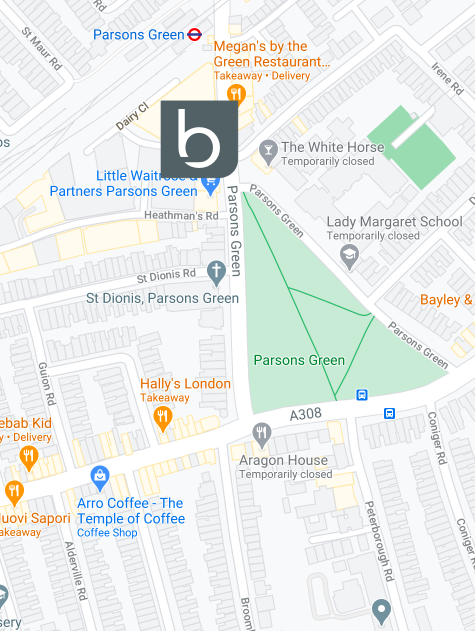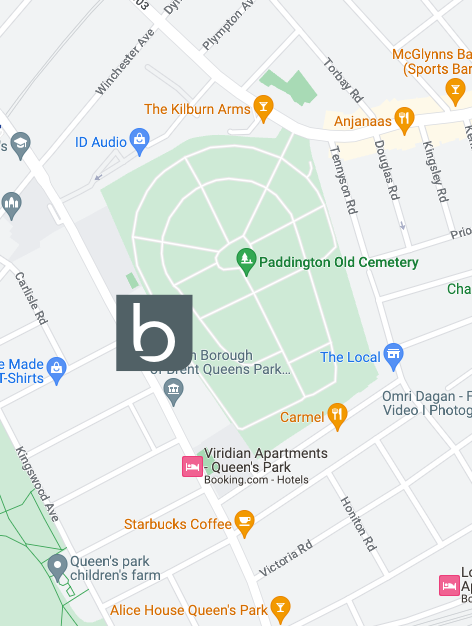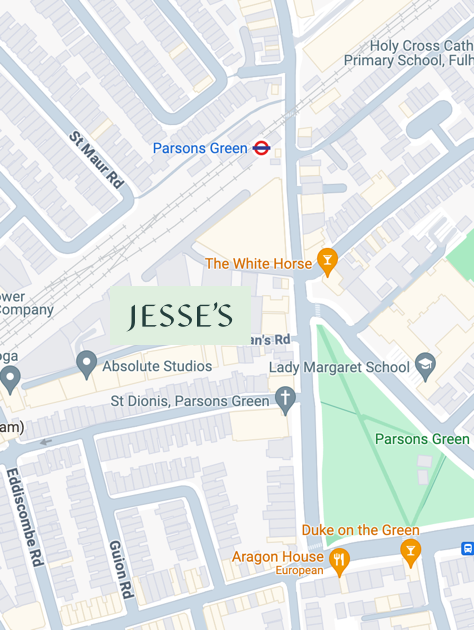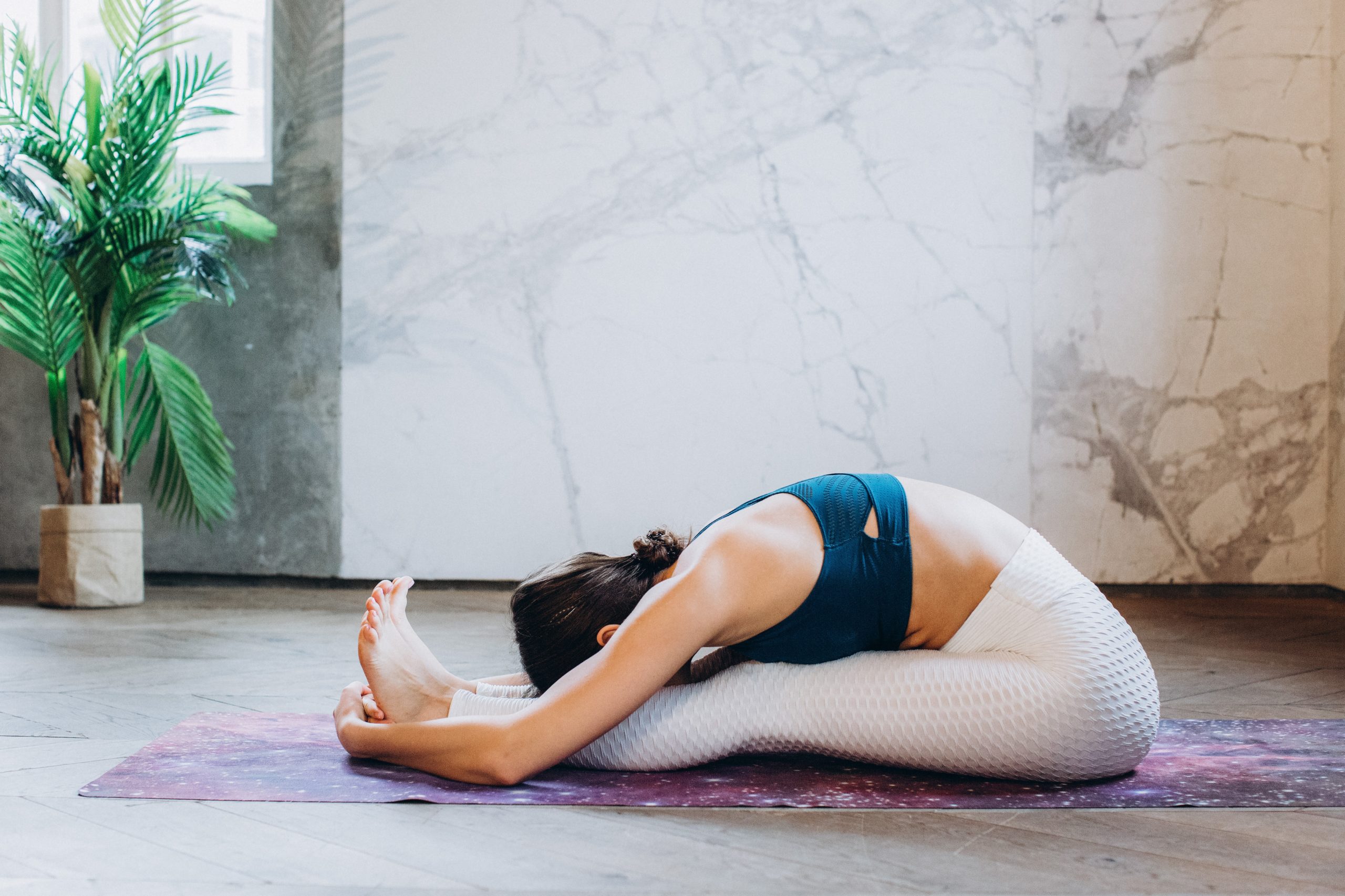
Close
Enquiry
Please see contact information below or complete the form and we will get in touch with you.

Parsons Green
3rd Floor Brigade House
8 Parsons Green
London
SW6 4TN

Queen's Park
2nd Floor
105-109 Salusbury Road
London
NW6 6RG

Jesse's House
8-10 Heathmans Road
Parsons Green
London
SW6 4TJ
Vitamin C. Can it really help you recover from injury?

You may have heard that vitamin C can be helpful in preventing and/or healing injuries. But is this true or even possible?
Vitamin C boosts the immune system so it may play a role in reducing inflammation after injury. It also helps to build collagen – a protein that plays a critical role in the structure of our bodies. Collagen is the framework for our skin, our bones and the all-important component of tendons, ligaments and skin that keeps us flexible. This is why it has been suggested that vitamin C can be helpful in preventing and/or healing injuries and at Beyond Health we believe vitamin C to be a particularly important nutrient for athletes and active individuals.
The body won’t store vitamin C so you must consume on a daily basis. While most of us probably associate citrus fruits with vitamin C, there are many non-citrus fruits which are an excellent source. Just one large kiwifruit contains double the amount of vitamin C you would get from an equal serving of orange, and provides over 100% of your recommended daily requirement. All those summer berries that are in season right now (think strawberries, raspberries and blueberries) are also great sources.
Vitamin C also plays an important role in making iron more easily absorbed in the intestines. Therefore pairing vitamin C-rich foods – primarily plant foods – with your best iron (AKA meatier!) sources can enhance iron absorption.
We also need vitamin C to produce serotonin – one of the brain’s “feel good” neurotransmitters. Serotonin plays a critical role in our mood and daily bodily rhythms including our sleep-wake cycles. We aren’t suggesting that dietary intake of vitamin C will automatically improve the quality of your sleep but Beyond Health does recommend that you include vitamin C-rich foods on a daily basis as part of your overall wellbeing.

